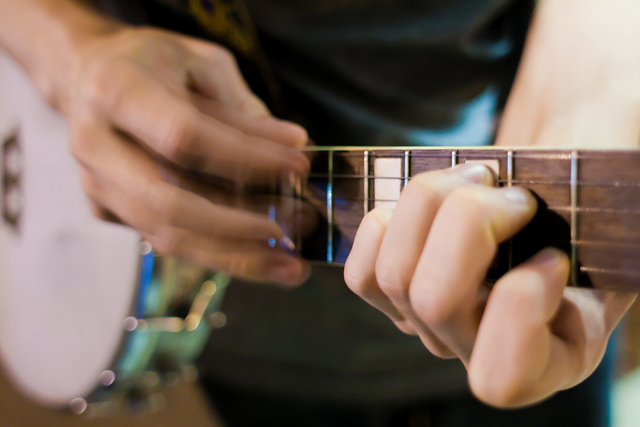The cross-continental roots of American music
By Robin Amer

The cross-continental roots of American music
By Robin Amer
Mark Dvorak remembers the first time he saw a banjo. He was a child, maybe seven or eight years old, visiting a historical reenactment park with his family – the kind of place where they have log cabins and a mule farm – and he came across an old man strumming the classic five-stringed American instrument.
“This guy seemed ancient to me. He’s sitting there playing this thing – I’d never seen anything like it,” Dvorak recalled. “He called it an ‘old fashioned boom box.’ He told me that when he grew up he didn’t have electricity and so forth, so if he and his friends wanted to make music had to do it themselves.”
Dvorak channeled that ethos of communal music-making as he grew up, and now the multi-instrumentalist – who WFMT once called “Chicago’s official troubadour” – can be found doing regular gigs around the region and teaching at the Old Town School of Folk Music. He’s also developed a strong interest in the history of American folk music and instruments, especially when it comes to the old Appalachian mountain tunes common to the banjo.
“Historians pretty much agree that the banjo was brought over by Africans during the slave years,” Dvorak said. “Of course the banjos Africans were able to make were made from hollowed out gourds and animal skins.”
Then, Dvorak said, the common historical understanding is that an Irishman living in Virginia named Joe Sweeny adapted those early African instruments into what we would recognize as the banjo today.
Those duel African and Scotch/Irish influences are also present in much of early American folk music, according to Dvorak. In the audio above, he demonstrates the cross-continental currents of early American music by deconstructing the lineage of one particularly well-known song: “You get a line, I’ll get a pole” – also known as the crawdad song. His aural breakdown is both fascinating and tuneful.
Dynamic Range showcases hidden gems unearthed from Chicago Amplified’s vast archive of public events and appears on weekends. Mark Dvorak spoke at an event presented by the Illinois Humanities Council in April of 2006. Click here to hear the event in its entirety.